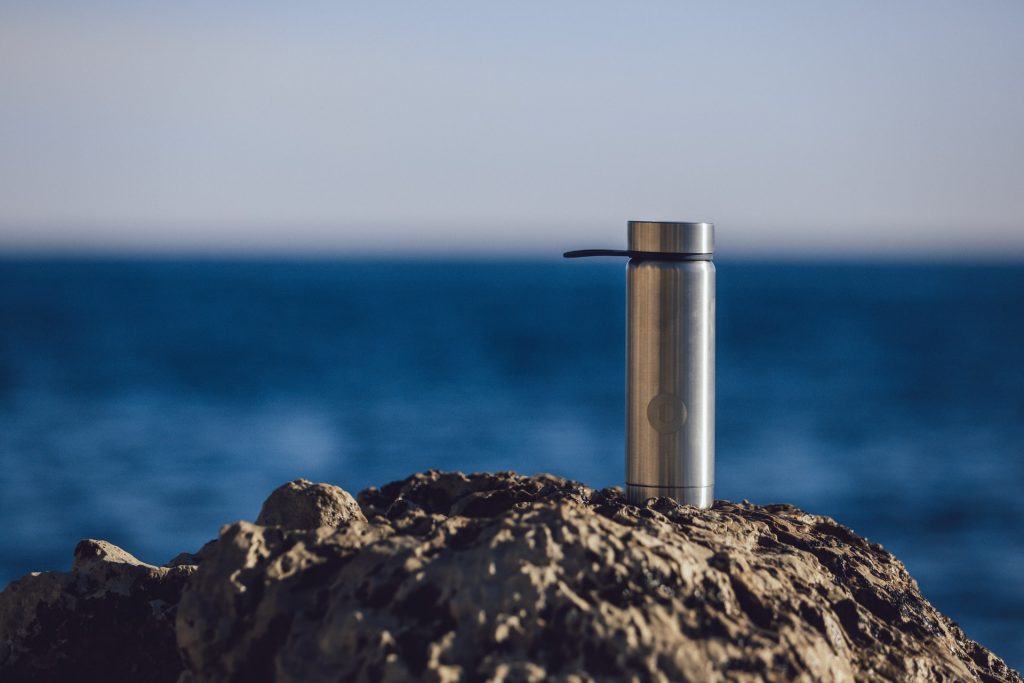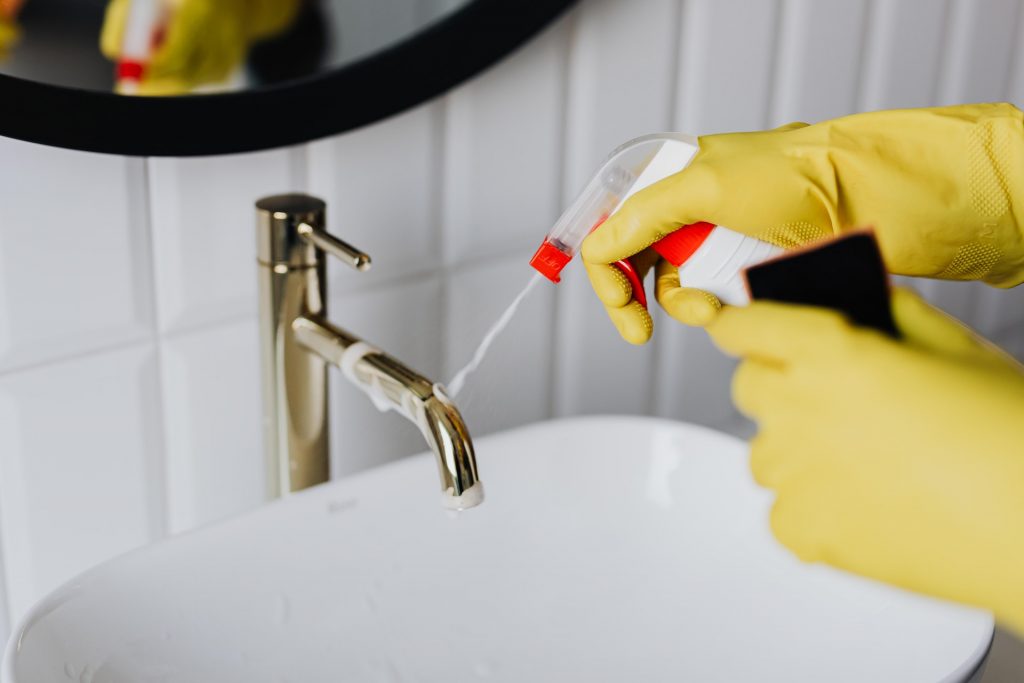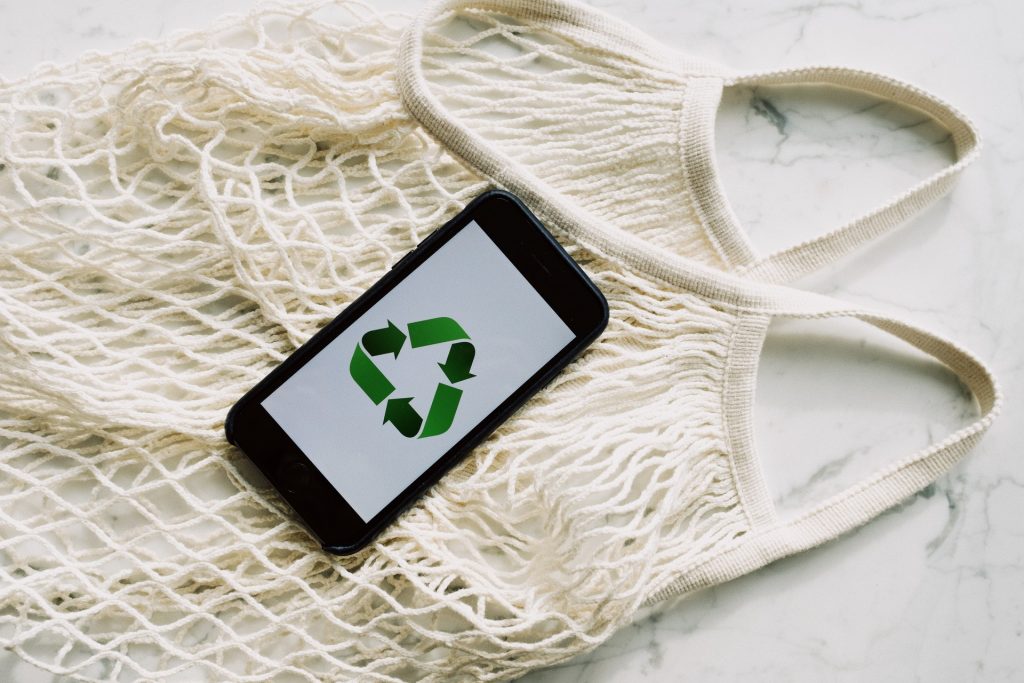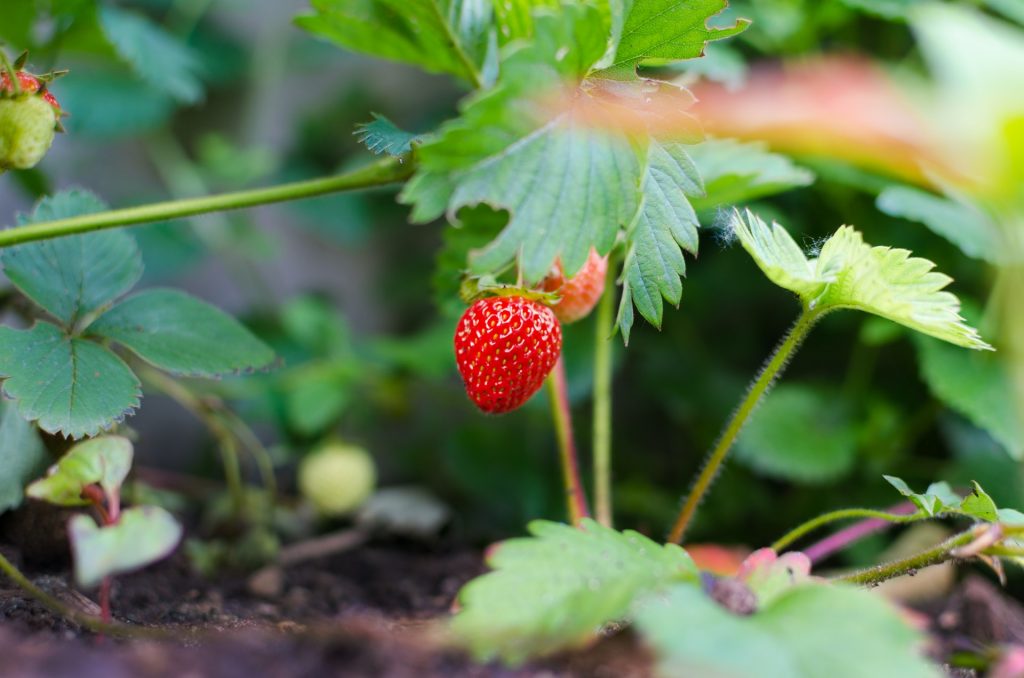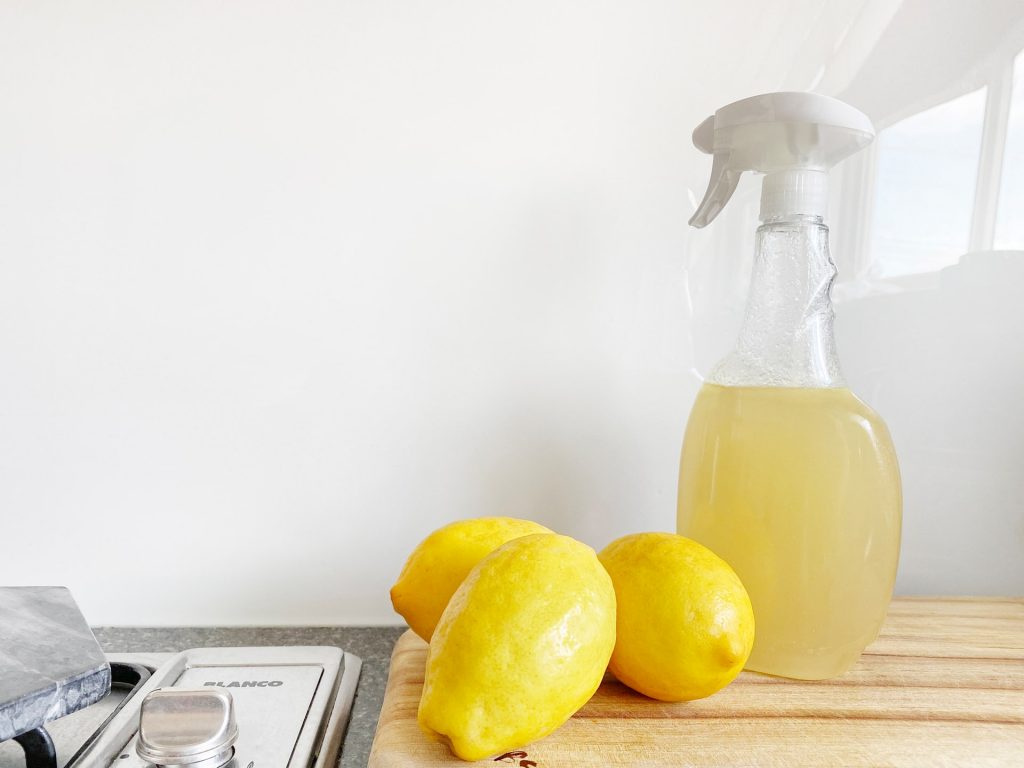Sustainable Living Practices for Your Home
What Does Sustainable Living Mean?
Do you think of your home as your sanctuary or haven? A central place to eat, relax, and be merry?
Over the past year, this has become the case for many people. Especially those who flourished from being outside and then became a comfortable homebody. If we handle our home like our go-to safe place, then what’s to say about the planet we live on? In a way, our home is beyond the roof over our head and encompasses the entire environment in which we thrive. If we fail to maintain our environment, our own home is no better off.
So how do we work towards a goal that supports our ecosystem? A starting point is sustainable living. Even at home, there are plenty of ways to practice sustainable habits that contribute to the betterment of our lives and our planet. Sustainable Jungle defines sustainable living as the following:
Sustainable living is a practical philosophy that aims to reduce personal and societal environmental impact by making positive changes which counteract climate change and other negative environmental concerns.
Now that you have a solid understanding of what sustainable living means, you might be wondering how to be more sustainable. Before that, let’s look into the long-term benefits and how you can adopt best practices right at home.
Long-Term Benefits
Practicing sustainable habits is not a rapid lifestyle. Expect results to develop over time, not immediately. As with any attainable goal, minor steps and actions lead toward a higher reward in the end. Here, we provide noticeable benefits that will result from your new habits:
Less waste
Do you ever throw away multiple paper towels for a small mess in the kitchen? We’ve all been there at one point. Think about how much paper, energy, water, and plastic mindlessly wasted in your house during the last month. When you gravitate towards a sustainable life, you become actively cautious about your overall control of these resources and discipline yourself to waste less.
Simplify your living
Some may already think of their life to be simplified, especially when we go about each day performing the same routine. With sustainable living, you’ll be surprised at home much simpler your life can be. Sustainable living is a lifestyle that draws attention to both your outside and inside environments. Take a look at your closet, drawers, cabinets, and storage. How many of the items in there have you used in the last year? A proper examination of all your storage spaces can help you realize what has higher necessity over others. The goal here is to train your mind to need fewer things and eventually, want fewer things. It’s less stressful on you and even better, less of a hassle to maintain.
Eliminate chemicals
It’s widely known that most chemicals used in cleaning supplies are detrimental to our environment. Without knowing, your cabinets may currently contain certain products that are equally toxic. For those with families, note that young kids are more sensitive to these kinds of chemicals than adults. Your home shopping should include searches for family homes that have spacious rooms and lots of windows for better air circulation. Adopting sustainable habits around the house can eliminate these chemicals and remove the health concerns that surround them. Later, we discuss how to start formulating homemade cleaning supplies.
Save money
If sustainable living isn’t already a common goal to aim for, saving money should be. Looking at your own savings strategy, add sustainable living to that list. Fewer resources plus less energy equals less money to spend. Despite the simplicity of that concept, it’s undeniably true. Starting out, it’ll be difficult to discern how much money is being saved, which is why the long-term results should be the ultimate benchmark. Using less is an ideal segue for buying less, changing the nature of your purchase mindset from expensive to cost-effective.
Feel better
A sustainable life is not only to live better, it’s also a method to feel better. Consistently practicing sustainable habits means your moral compass is in the right direction and your physical and mental health have you to thank. You will also gain intellectual knowledge about sustainability in the process, becoming more conscious of your actions. Embrace this ability and share with others your renewed, positive ways.
Best Practices For Your Home
Now it’s time to put these words into action. Follow our suggestions on how to turn your way of living from stressful to sustainable.
Reusable water bottles
Reusable water bottles are among one the most common and effective practices of sustainable living. In 2020, 60% of U.S. adults opted for a reusable water bottle, says CivicScience. Ironically, the majority are likely oblivious to the fact that reusing water bottles is a sustainable habit! In addition to the amount of saved plastic with reusable water bottles, they have become a popular accessory for personal decoration.
Reusable grocery bags
Although grocery stores are charging customers 10 cents for a plastic bag, the minimal cost is hardly enough to prevent people from wasting it. The solution is a reusable grocery bag. A one-time purchase for a reusable grocery bag reaps benefits that extend beyond using plastic bags. Companies have innovated the classic reusable bag, making features like temperature control, zippers, and sturdier fabric appealing to the average customer. With a wide variety available in the market, grocery shopping has never been easier!
Washable cloths
As tempting as those Bounty commercials are, washable cloths as a substitute for paper towels are exceptional at cleaning spills and grease coats. Due to the absorbability of washable cloths, they hold equal, if not more, amounts of liquid compared to paper towels. Not to mention, paper towels tend to rip easier the more they absorb. Find washable cloths for a low cost at your local department store and throw them in the washer with your other laundry for repeated use. Never worry about wasting heaves of paper towels when washable cloths get the job done.
Grow your food
Growing your food is far from easy and without a spacious yard to start with, it’s near impossible. For those in living situations that lack the necessary capacity, at least keep this idea in mind for future reference. For many self-gardeners, growing your food can be a slow journey, making the usual trip to the grocery store the better option. However, if you try it out, you might find it to be therapeutic and rewarding! You can manage your garden and tell your friends and family that you cook with the freshest of ingredients.
Set a time limit water-use
Home activities that consume the most water are dishwashing, brushing your teeth, and taking a shower. While there’s nothing like fun singing and dancing in the shower or watching TV when washing dishes, multitasking these certain chores undermine the amount of water you think was used. It’s best to focus on the task at hand and to shut the water off when it’s not in use. Chores can be completed quicker and your water bill can slowly cut down over time.
Homemade cleaning formulas
As mentioned before, unknown chemicals can prove to be silently harmful to not only your house but the people who reside in it. With the aid of the internet, you can discover hundreds of various cleaning formulas for several messy situations. This way, you control what cleans your home environment without any toxic surprises. Producing homemade formulas are half the price of store-bought products and are equally effective. Here are a few cleaning tips to try your homemade formulas on.
Start Your Sustainable Living!
Reading these suggestions may seem like your next chore list is lengthier than usual. Without feeling overwhelmed, it’s best to start small. A great way to start your sustainable living is to analyze your current living situation. What are you already doing at home that is sustainable? Maybe you take your lunch in reusable to-go containers or you carpool with a co-worker to work and save gas. Next, try a sustainable practice on this list that would be manageable and work your way through. As long as you start somewhere and frequently monitor your change in habits, you are already a step in the right direction.
Unsure of how to balance a sustainable life with your current one? Try living mindfully first to regain your sense of mindfulness. This will help boost your outlook on life and allow for an easier sustainable life. Whether you’re a new homeowner, a long-time homeowner, or even a renter, sustainable living is possible for all. If you’re currently renting and looking to make a move towards homeownership, get in touch with us today to meet with a trusted loan advisor and explore your mortgage options.

